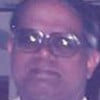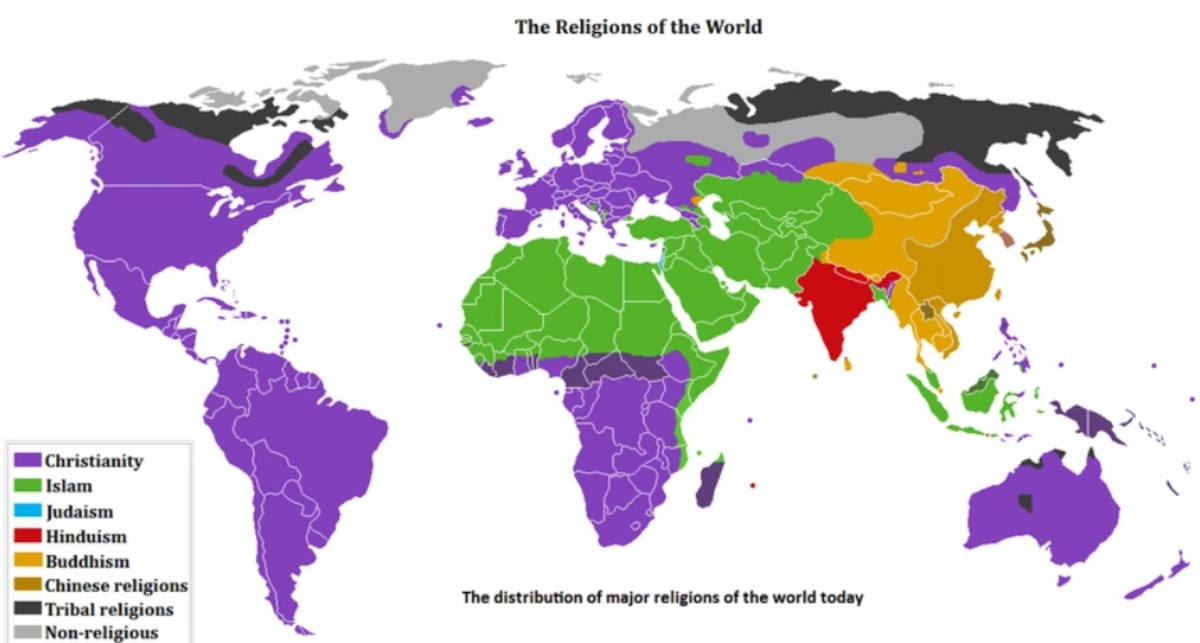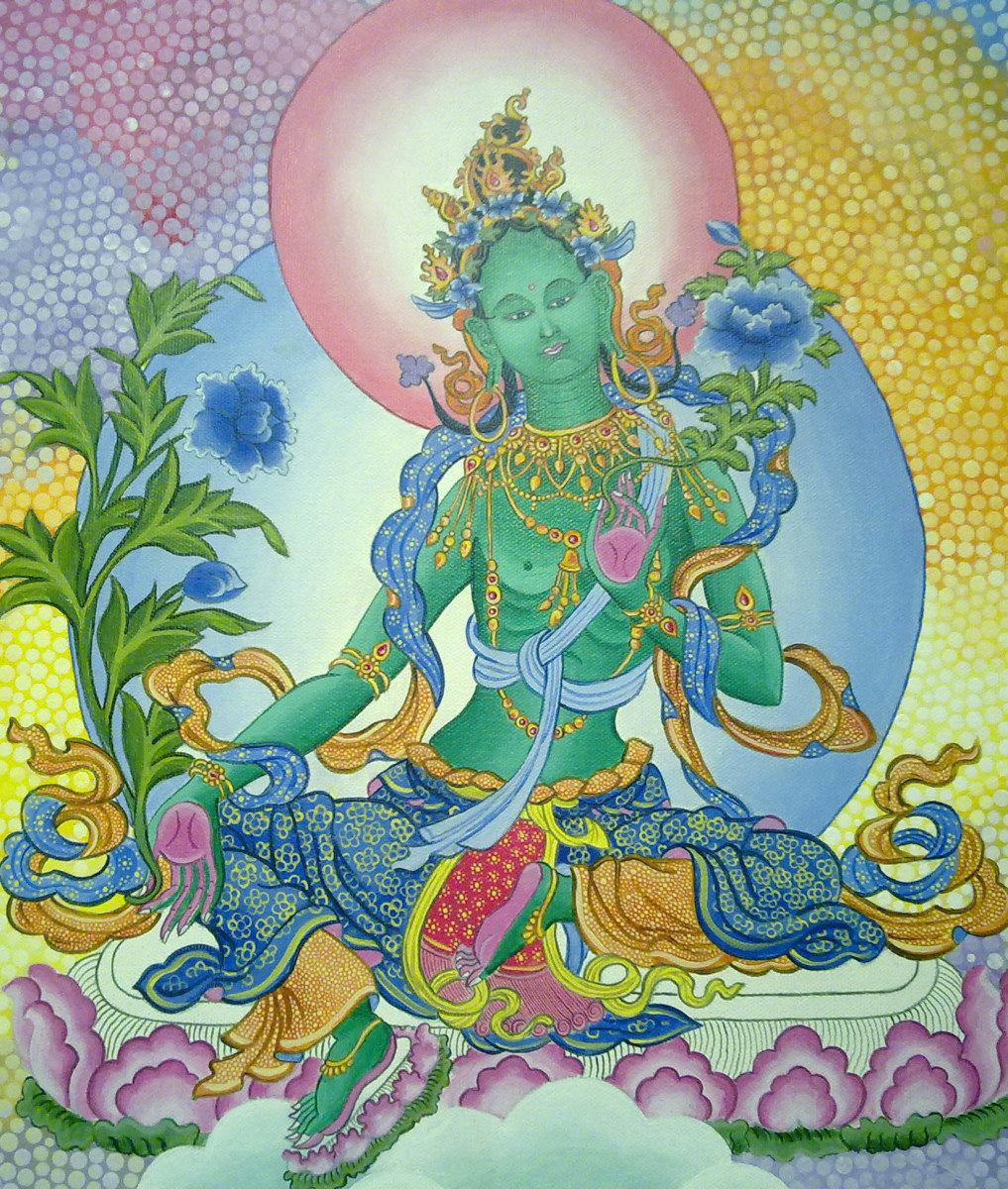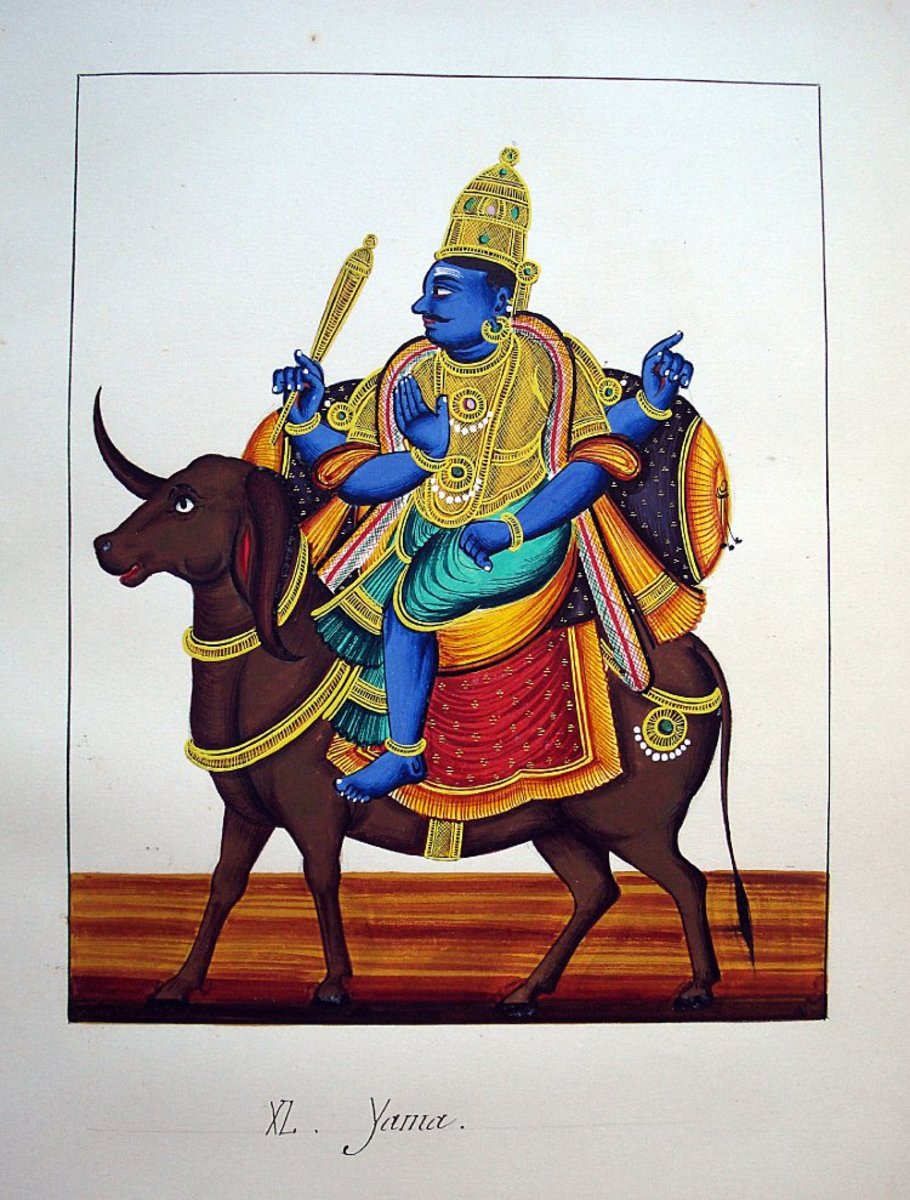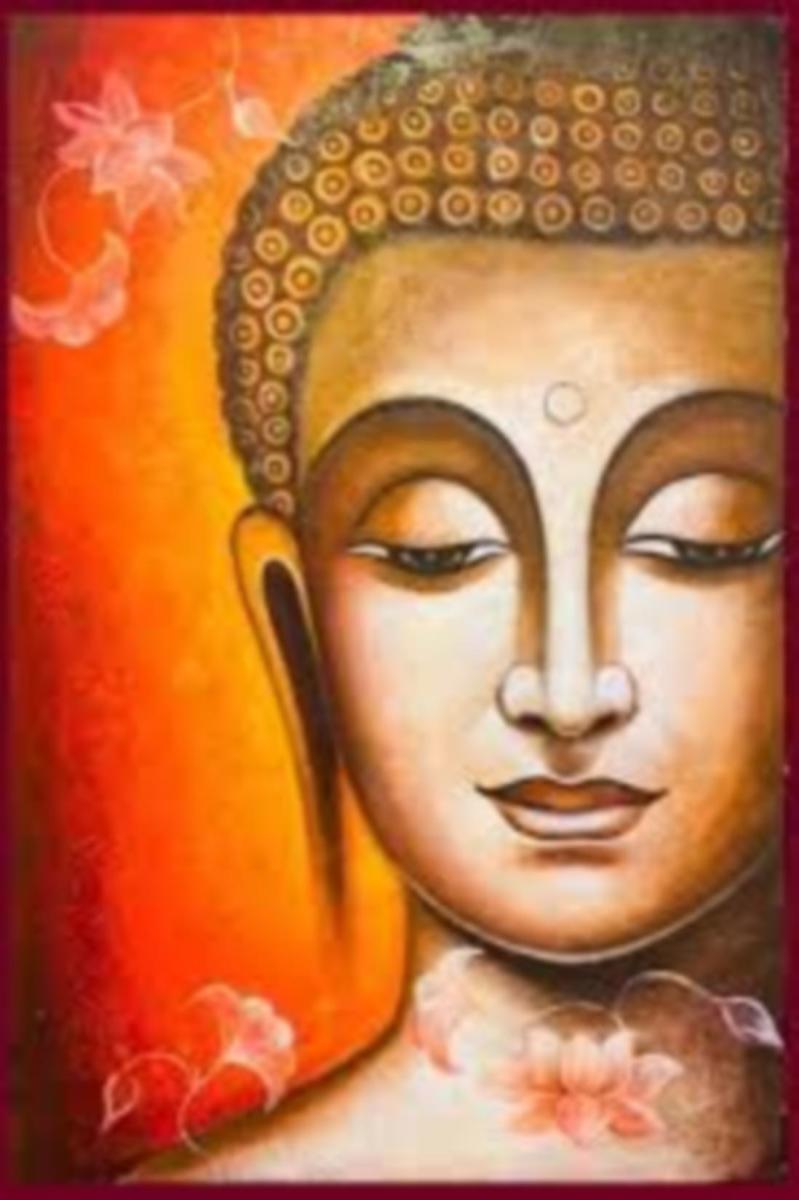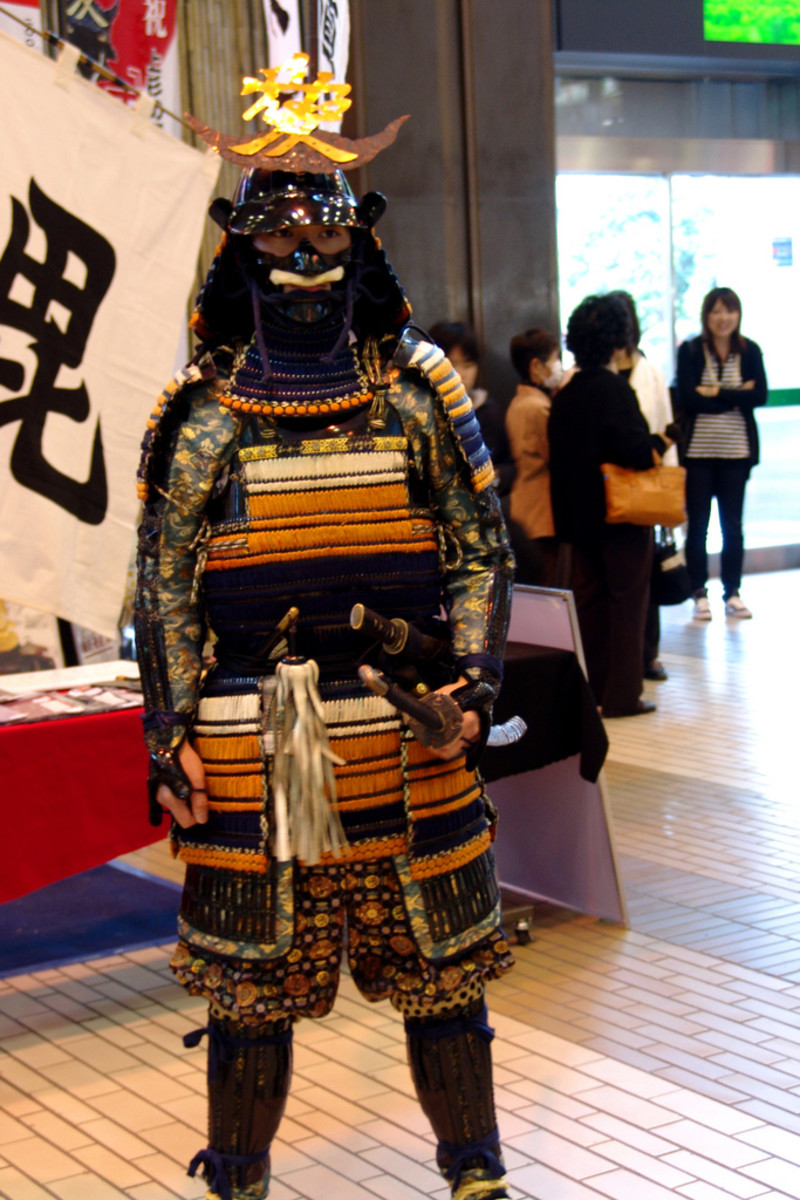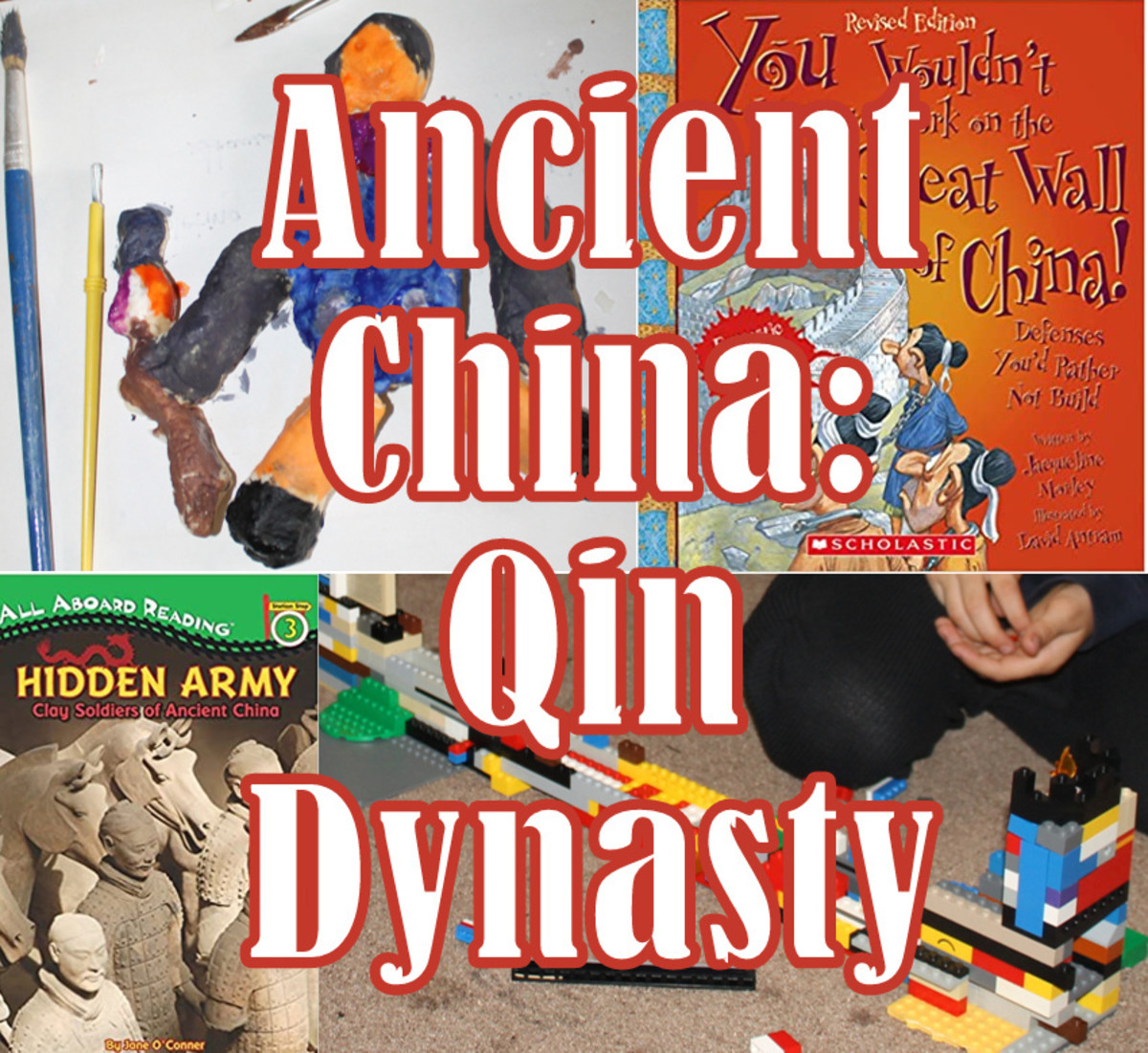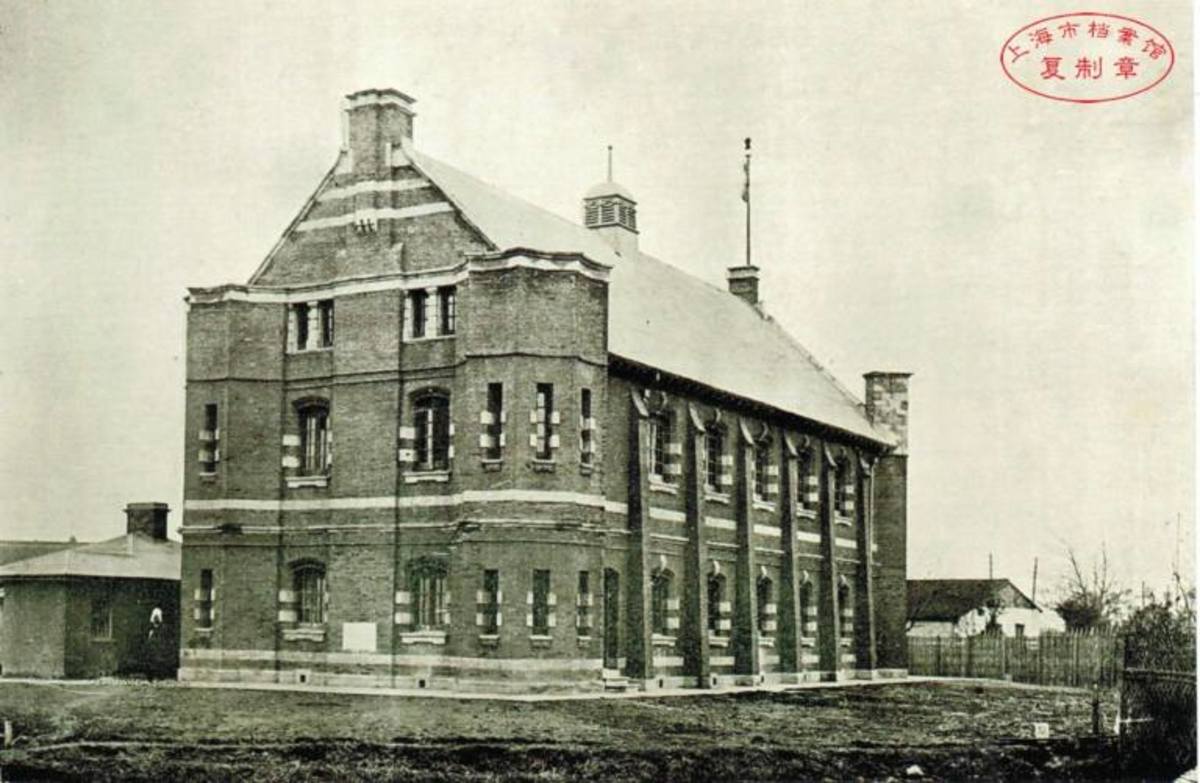SCHOLARS OF NALANDA
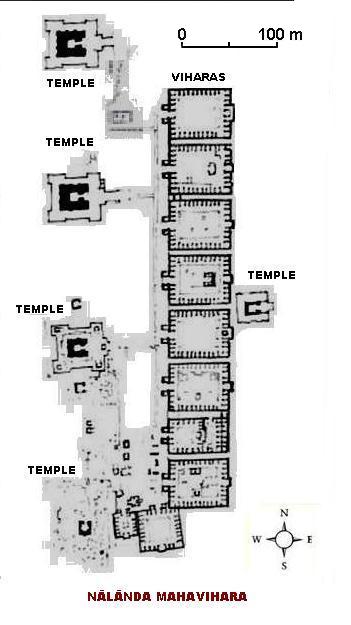
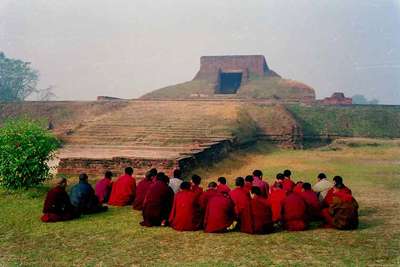
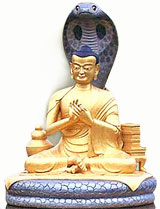
SCHOLARS OF NALANDA
The Encyclopedia of Religion and Ethics states, " a detailed history of NALANDA would be a history of Mahayana Buddhism”, because some of the great philosophers of Buddhism were intimately connected with this ancient university. Some of these renowned personalities were, NAGARJUNA, DINNAGA, DHARMAPALA, SILABHADRA, and VAJRABODHI.
NAGARJUNA
Nagarjuna hailed from Amaravati a place in SouthernIndia, which is now part of Andhra Pradesh. Born into a Brahmin family around 150-200 CE he later became a Buddhist. He was one of the earliest Buddhist philosophers and most of his writings are in Sanskrit unlike others who wrote in Prakrit. As most of his works were lost, on the basis of what little is left, scholars believe he belongs to the Mahayana school of Buddhism. Though many scholarly works have been attributed to him, many differ on this, however all agree that it is MULAMADHYAMAKARIKA (Fundamental sources on the Middle way), which is his magnum opus. Nagarjuna is well known not just as a philosopher, but as an Ayurvedic physician too.
DINNAGA
Dinnaga was born in Kanchipuram in the present day south Indian state of Tamil Nadu. He was a contemporary of Kalidasa and was a disciple of the philosopher Vasubandhu. Obviously he must have lived during the reign of Kumara Gupta who ruled between 423 and 455 CE and must have been born around 450 CE.. According to Vachaspati Mishra he had interpreted the aphorisms of the Nyaya School of Philosophy from a Buddhist perspective and started a new trail of Buddhist logic, which paralleled the Brahminical school. Later on the heterodox schools gained ascendancy, which was to a large extent the contribution of ancient Nalanda University. In fact Dinnaga was a teacher in Nalanda for a long time and though his original Sanskrit works were lost, its Tibetan translations still exist. He is credited to be the founder of Buddhist logic.
His important works were:
Pramanasamuccaya (The totality of means of correct knowledge).
Alambana- Pariksha (The lamination of the Three Times),
Hetuchakradamru (The wheel of capital Reasons),
DHARMAPALA
Dharmapala was another great Buddhist philosopher hailing from the south Indian city of Kanchipuram, the birthplace of Dinnaga. He was born in the 7th century and was the son of a prominent minister in the Pallava kingdom. A man of very sharp intellect, he spurned marriage and the privileges of aristocracy to pursue his quest for spiritual enlightenment. He traveled all over India, defeating rival Hindu philosophers in debate and taught at Nalanda for a long time. He was the only South Indian scholar who was elevated to the post of Vice Chancellor of Nalanda University and which is described by the peripatetic Chinese Buddhist scholar Hsuan-Tsang (Huan-Tsang) in his travelogue.
SILABHADRA
Silabhadra was a disciple of Dharmapala. He was born in 529 CE in a royal family of Samatata in Eastern India. Hsuan-Tsang (606-48 CE.), mentions in his travelogue about how Silabhadra become the Abbot of Nalanda and died at the ripe old age of 116.There are others who dispute this and say that he lived longer and died when he was 126. But it was from this venerable sage that Hsuan Tsang learnt the intricacies of Vijnanavada.
VAJRABODHI
Vajrabodhi was another prominent Buddhist philosopher who like Dinnaga and Dharmapala hailed from southern India. He was believed to have been born to Brahmin parents in Pallava Kindom around 660 CE converted to Buddhism when he was sixteen years old. He studied Buddhism in Nalanda University under renowned logician Dharmakirti and later traveled to Sri Lanka. From there he went to Sumatra (ancient Sri Vijaya) and finally to Tang China where he lived in Jianfu Temple in the city of Changan. He is considered to be one of the patriarchs of Shingon Buddhism and translated many Sanskrit works to Chinese. In recognition of his contribution he has been called Guoshi (Teacher of the Realm) and one of his famous disciple was AMOGHAVAJRA one of the most politically powerful Buddhist monk. The other was the Korean monk HYECHKO
